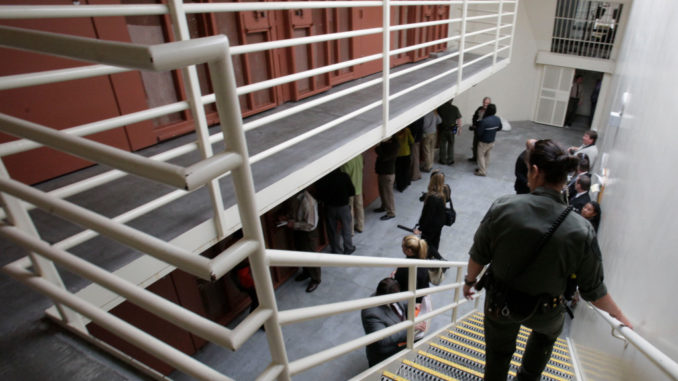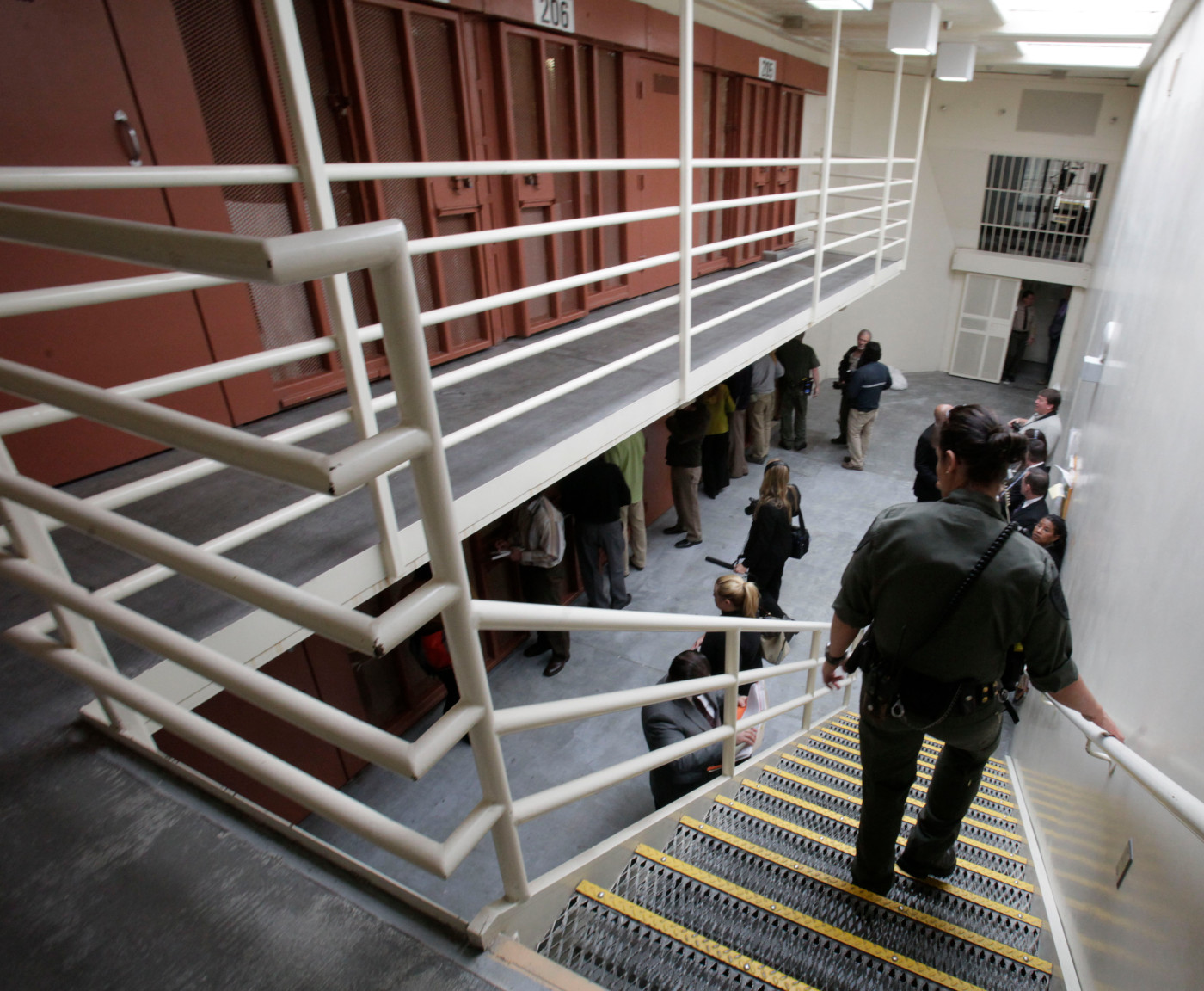
For decades, California’s prison system has been plagued with serious problems.
From the overuse of solitary confinement to inadequate medical and mental health treatment to high levels of prison suicides, California’s prison system has long been an example of how not to run a prison system.
Things got so bad the United States Supreme Court had to intervene and order a cap on the prison population relative to the state’s prison design capacity in 2011. California’s prison system remains under federal monitoring, and reports from the state’s nonpartisan Legislative Analyst’s Office and state auditor have identified major failings in how prison rehabilitation programs are implemented. Clearly, it’s a system that’s had a lot of problems and still has plenty of work to do.
And it’s a situation that won’t be changed one bit by California’s plan to ban and phase out the use of privately operated prisons in the Golden State.
Last week, Gov. Gavin Newsom signed Assembly Bill 32, introduced by Asm. Rob Bonta, D-Oakland, which will end California’s use of for-profit prisons.
Bonta declared, “we are sending a powerful message that we vehemently oppose the practice of profiteering off the backs of Californians in custody, that we will stand up for the health, safety and welfare of our people.”
But it’s not really a powerful message at all.
According to Reuters, the three private prisons in the state hold just 1,400 inmates compared to 115,000 locked in the government-run and public employee-staffed correctional institutions. And it’s especially not powerful considering that, for two years in a row, despite warnings from the LAO that there was “no evident justification,” for the raises, the Legislature overwhelmingly approved them anyway.
And incidentally: the state’s prison guards union spent over $3 million to help get Newsom elected governor.
So sure, the Legislature and Newsom took a fundamentally inconsequential stand against for-profit prisons, while doing little to improve their scandal-plagued public-but-lucrative-for-public-employees prison system.
That’s apparently what constitutes “progressive” in Sacramento.






